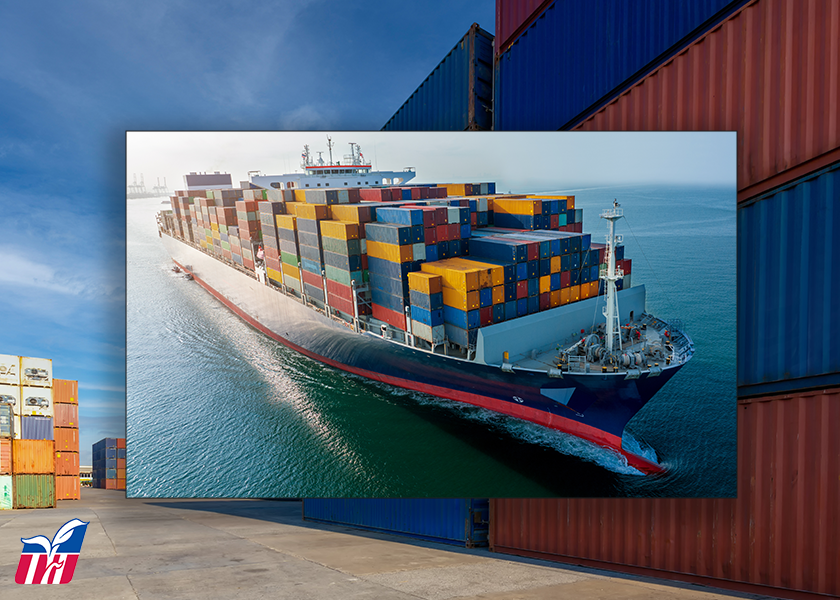West Coast Port Delays Cause Big Issues for U.S. Pork Exports

Tensions continue between employers and unions at ports along the U.S. West Coast. These shipping delays are causing big problems for the U.S. pork industry, explains Maria Zieba, vice president of international affairs for the National Pork Producers Council.
“Last year, the contract between the ports and longshoremen expired. Since then, negotiations have been ongoing,” Zieba says. “There was some movement in April, but since then, there hasn’t been a lot of progress.”
The roadblock? Wages.
"Starting June 2, we've seen negotiations hit a new low as disruptive work actions have slowed operations," explains Zieba.
As a result, U.S. importers are now experiencing delays at major Pacific gateways from Seattle to Southern California, with job actions erupting at various ports.
“These disruptions have significant implications for the American economy,” explains Pro Farmer analyst Jim Wiesemeyer in his daily newsletter. “Though the job actions have been relatively limited, especially compared to the 2014 contract negotiation cycle that cost retailers millions in lost sales, the two parties remain far apart on wage proposals.”
Port Delays and Fresh Pork Shipments
For the U.S. pork industry, this is one more blow that the industry doesn’t need right now.
“If you have cargo that is supposed to be on a ship that’s going through LA, how do you ensure that it’s actually going to make it onto the ship?” Zieba says. “Even a delay of a day or two on fresh pork is a problem. We are on really tight timelines on getting fresh product from the packing plant out to some of our highest value markets like Japan.”
When a delay occurs, that fresh pork has to be moved to a freezer and it loses that added value, she points out. During tough market conditions, every value-added opportunity matters.
So, why can’t the pork industry just divert the product? Zieba says it’s not that easy of a workaround right now.
“Water levels at the dam that connect to the Panama Canal are at record lows,” Zieba says about alternative route options. “A lot of those big cargo ships go through the Panama Canal are not able to be loaded as heavy because of those water levels. That’s an added cost you have to factor in with this drought taking effect.”
Wiesemeyer explains that the longshore union initially aimed to double worker wages over six years, but a compromise is yet to be reached. The U.S. Chamber of Commerce has requested that the Biden administration appoint an independent mediator to facilitate the negotiations, he writes.
Some key terminals have seen improved productivity over the weekend after a week of disruptions, Wiesemeyer notes. Ports of Long Beach and Los Angeles experienced increased productivity during the weekend, which the Marine Exchange of Southern California attributes to container carriers adjusting vessel speeds.
“The Pacific Maritime Association (PMA) blames the International Longshore and Warehouse Union (ILWU) for shutting down the port of Seattle on Saturday, an accusation ILWU President Willie Adams denies,” Wiesemeyer writes.
U.S. Meat Export Federation President and CEO Dan Halstrom adds that for both beef and pork exports, it is imperative that West Coast port terminal operators reach a contract agreement with longshoremen.
“While there has been no formal strike or lockout, sporadic work stoppages on the West Coast are a major concern for exporters and their international customers,” Halstrom says. “This is especially true for companies shipping chilled beef or pork to Asia. For that business, reliability and timeliness are paramount.”
More from Farm Journal's PORK:
From Farms to Borders: Ensuring Biosecurity in the Pork Industry
What’s Top of Mind for Swine Veterinarians in 2023?
Rural Revival: Why 3 Pig Farmers’ Wives Quit Teaching and Bought a Coffee Truck







